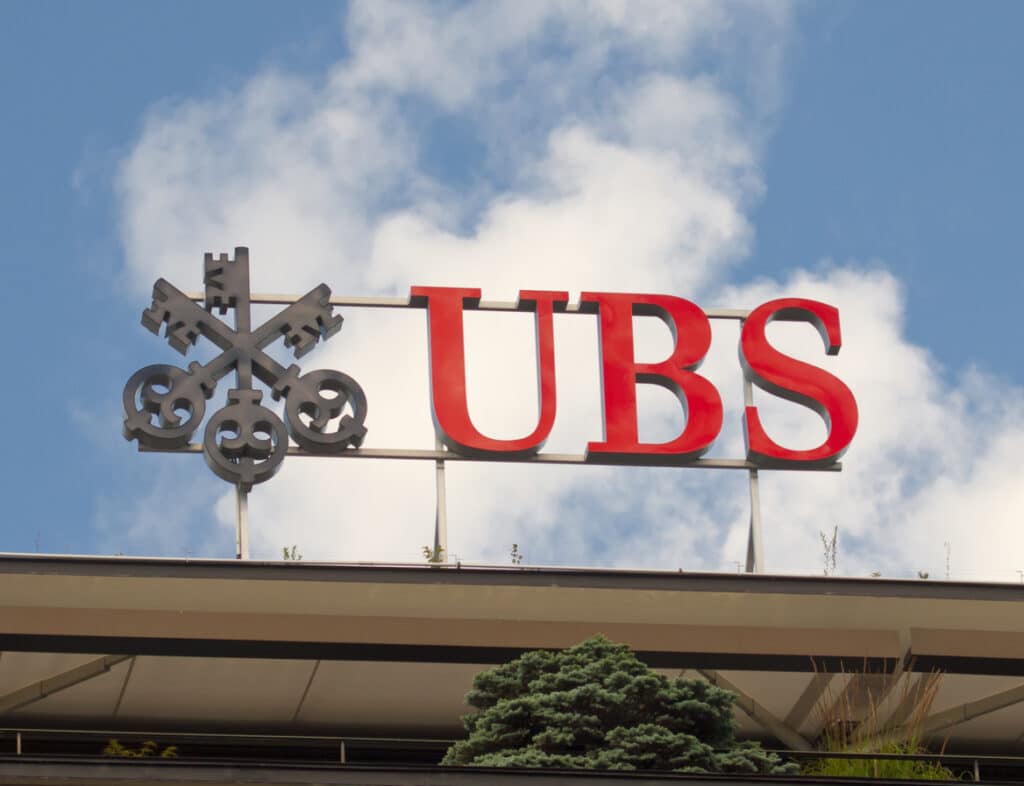On May 1, the U.S. Supreme Court agreed to hear a whistleblower retaliation case filed by an ex-employee against UBS Bank. The case concerns whether or not a whistleblower must prove their employer acted with “retaliatory intent” in order to be protected under the whistleblower provisions of the Sarbanes-Oxley Act (SOX).
Whistleblower Trevor Murray alleges that he was fired from his role as a bond strategist at UBS because he refused to publish misleading research reports and complained about being pressured to do so. SOX prohibits employers from retaliating against employees because the worker reported financial wrongdoing.
However, in 2022, 2nd U.S. Circuit Court of Appeals ruled against Murray, saying he did not prove that UBS intended to retaliate against him by firing him. In contrast, other federal appeals courts have ruled that whistleblowers only need to prove that their whistleblowing was a “contributing factor” to a decision to fire them.
The Supreme Court ruling thus has tremendous implications for the ability of whistleblowers to seek anti-retaliation protection under SOX and other whistleblower laws.
“A ruling in favor of UBS Securities will overturn more than 20 years of precedent in Sarbanes-Oxley Act whistleblower cases and make it exceedingly more difficult for whistleblowers who claim retaliation under many federal whistleblower statutes modeled on SOX,” said leading whistleblower attorney David Colapinto of Kohn, Kohn & Colapinto.
The Supreme Court is set to hear the case in the 2022-2023 term, which begins in October.
In April, the Supreme Court heard oral arguments in a False Claims Act whistleblower case with tremendous implications for the future efficacy of the law. The consolidated cases of U.S. ex rel. Schutte v. SuperValu Inc. and U.S. ex rel. Proctor v. Safeway center around the issue of whether fraudulent intent is relevant to False Claims Act cases.
